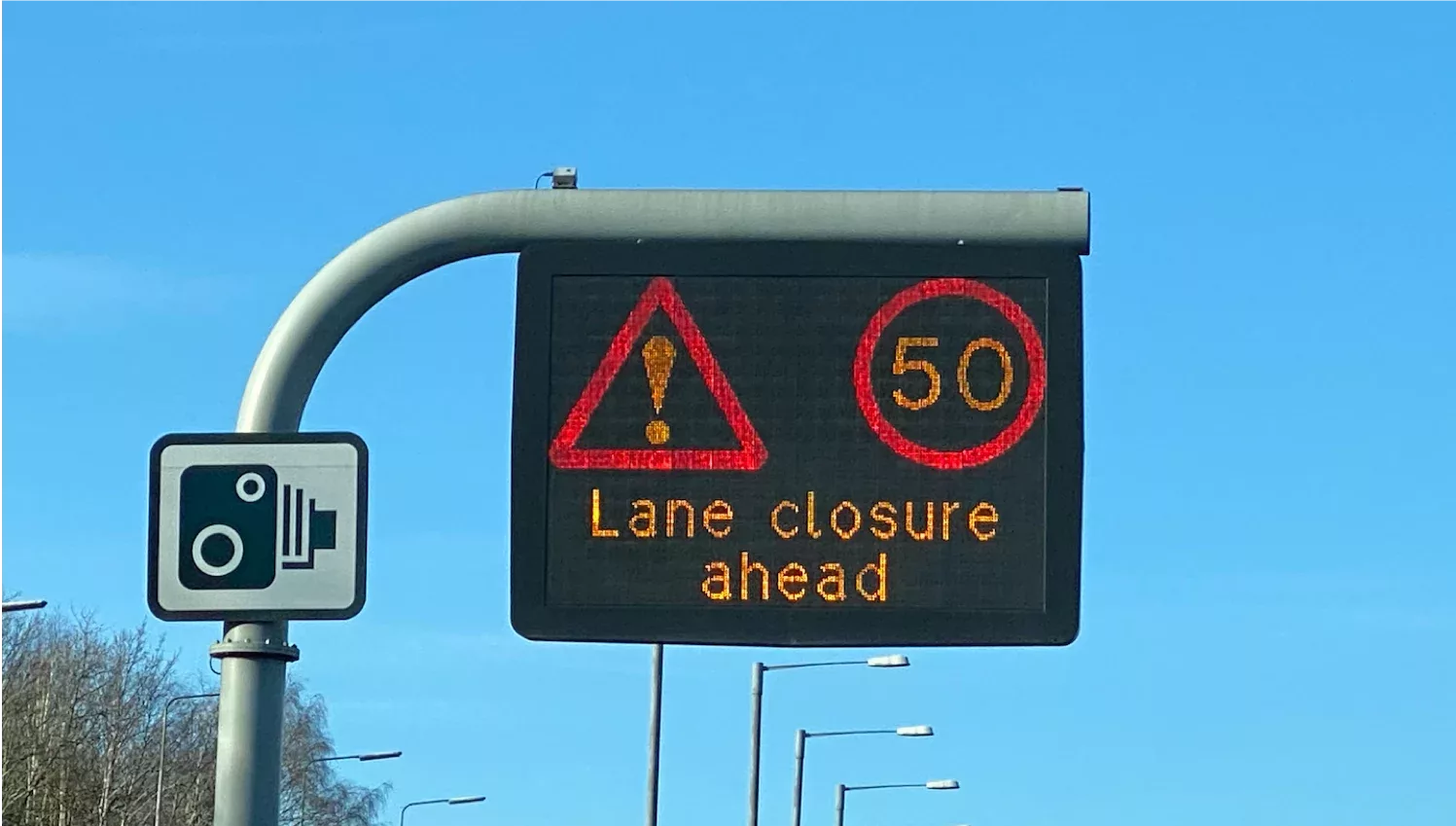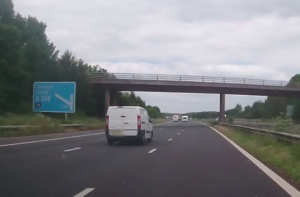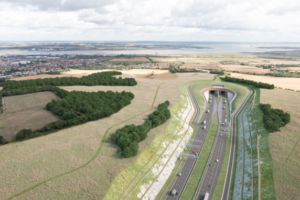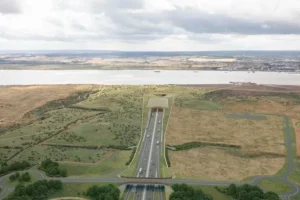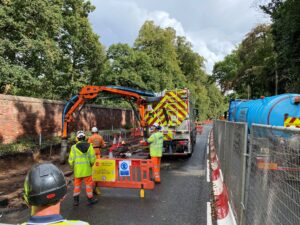Leading Intelligent Transport Systems consultant George Brown has reacted to the government’s ending of all new smart motorway projects by criticising the decision to push ahead with all-lane running smart motorways which he fears could ultimately mean key safety benefits are not realised.
The Prime Minister, Rishi Sunak, decided to scrap all future schemes because, he said, the driving public has lost confidence in them.
But Mr Brown, who owns the consultancy KL Systems and has spent 30 years working in motorway control, blamed the move to all-lane running for the breakdown in trust.
“My view is that the dynamic Hard Shoulder Running schemes were a reasonable initiative,” he told Highways News, “where hard shoulder running would only be activated in congested conditions when traffic had already been slowed and where operation at that point for a limited time would be closely monitored. However, the rapid progression to a lower cost permanent All Lane Running approach was tragically misguided.”
He said that, despite assurances of their safety, breaking down on a motorway would be “a terrifying situation”, explaining “the issue is that someone on an ALR motorway stopped in a live lane is in a vastly risker situation than someone stopped on a hard shoulder. Getting
out of the car is dangerous and requires real courage, particularly in the dark, but staying in the car is dangerous. The car’s occupants are between a rock and a hard place, people are likely to be scared stupid and remain where there are, particularly after the first near miss of traffic flying past at 70 or more mph.”
Mr Brown says at the most, only temporary dynamic hard shoulder running should have been implemented, as happens on the M42 near Birmingham.
“It is important to note that the key safety benefit in smart motorways lies not in Hard Shoulder Running or All Lane Running, but in the active control of the road to address incidents combined with automatic queue warning and protection systems and variable speed Limits,” he concluded. “These protect drivers by warning them of hazards ahead and slowing traffic in advance of stopped and queuing vehicles. As such they make a significant contribution to safety, reducing accidents.
“All the benefits of controlled motorways are available without HSR and ALR and have been in use since the mid 1990s throughout the UK. The term Smart Motorways is divisive – the problem is all lane running. The safety features of incident detection and response, queue detection, and variable speeds limits have all been around since the 1990s long before Hard Shoulder and All Lane Running and it’s unfortunate they all get tarred with the same brush.”
Mr Brown got in touch with Highways News after listening to the Highways Voices podcast discussing the Smart Motorway decision. You can listen here.
(Picture – Highways News)



